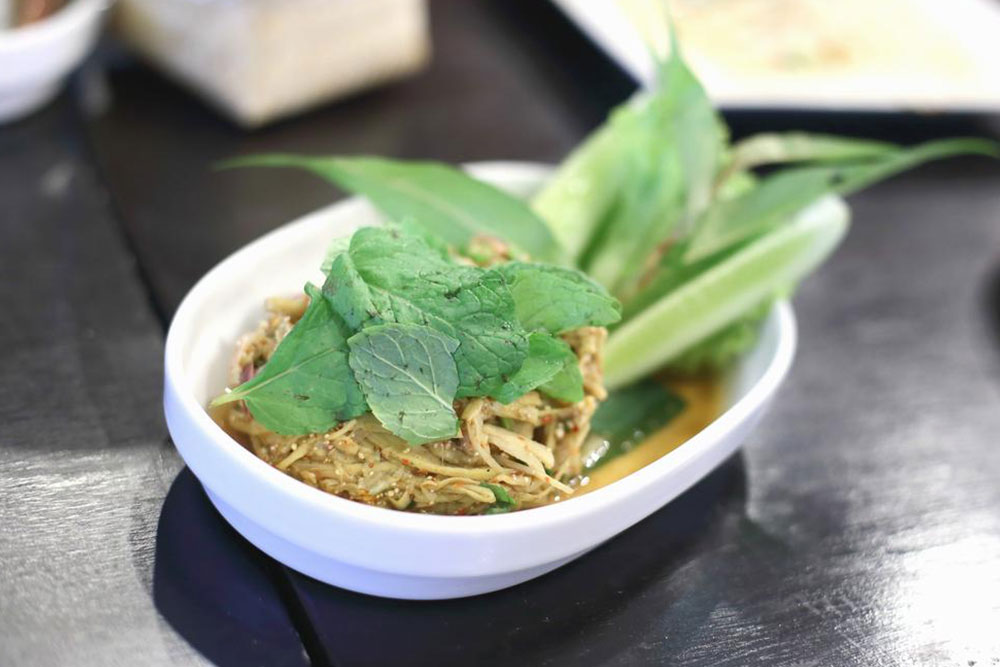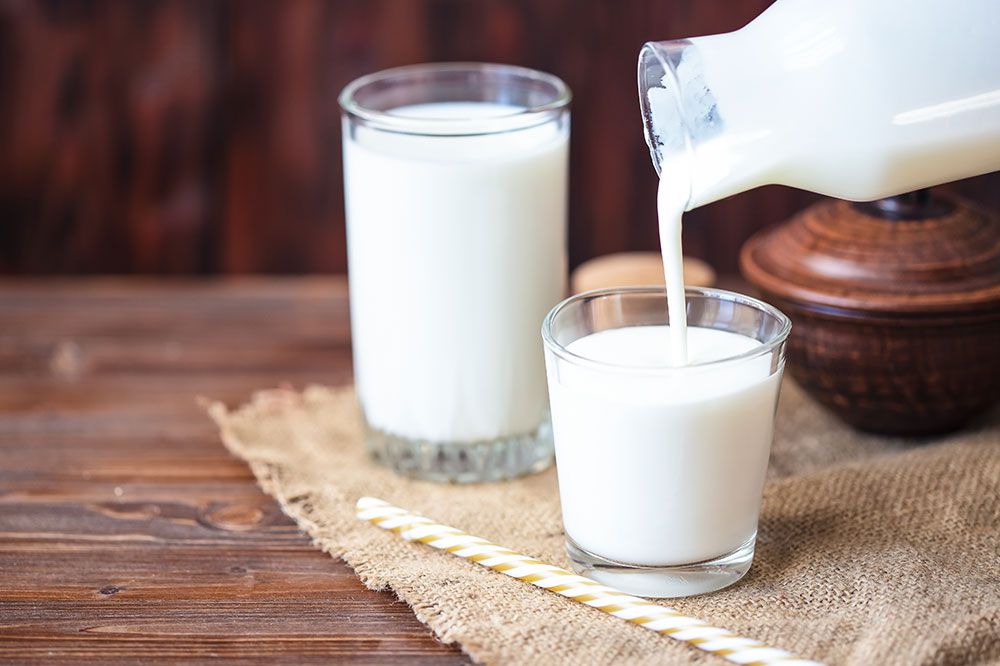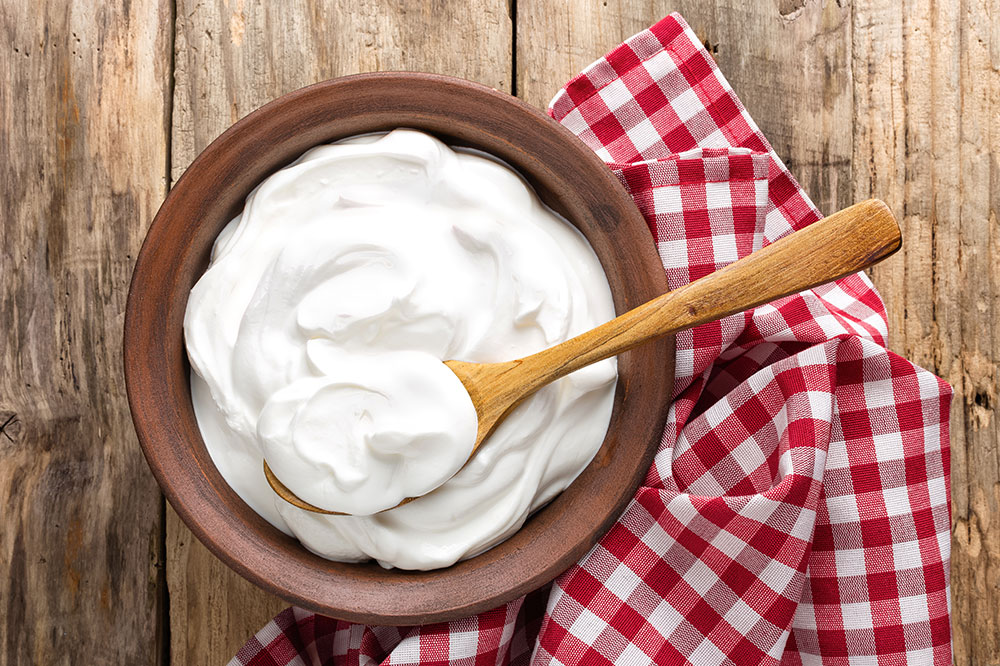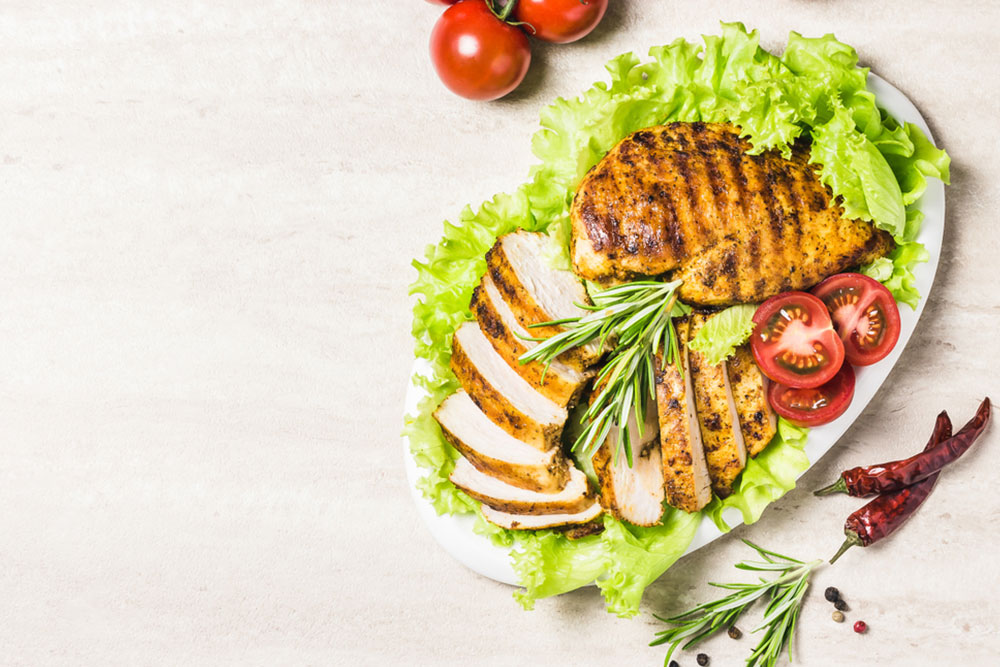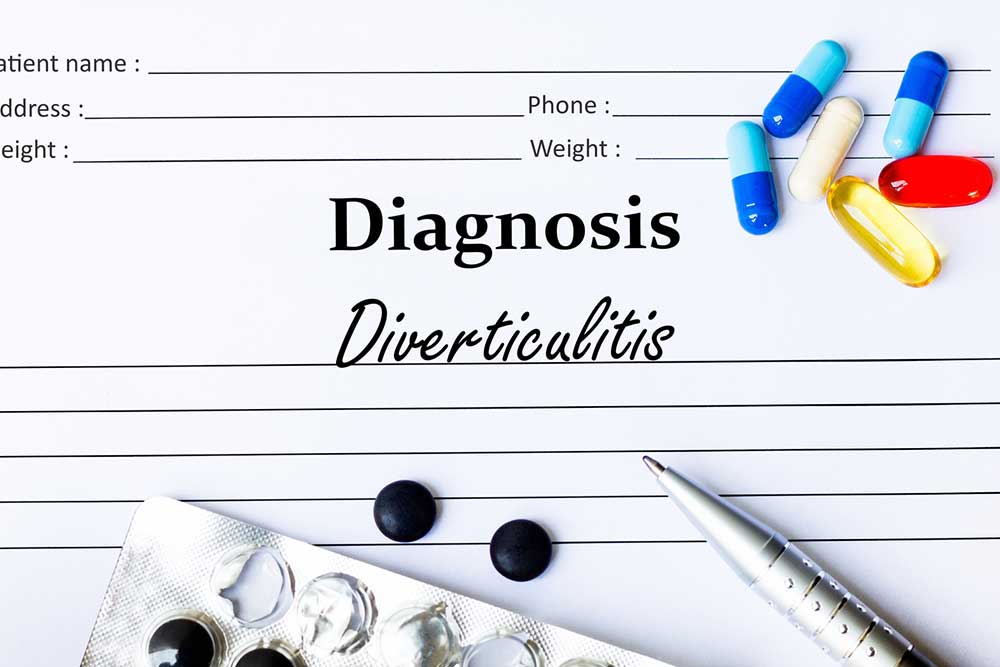Boost Your Gut Health with Premium Probiotic Foods
Learn how probiotic-rich foods can improve your gut health, strengthen immunity, and support overall wellness. Discover easy-to-make probiotic foods like yogurt, sauerkraut, and kombucha, along with insights on live cultures, beneficial bacteria, and the difference between probiotics and prebiotics. Elevate your diet naturally with these functional foods designed to promote a balanced and healthy digestive system.

Enhance Your Digestive Well-being Using Top Probiotic Foods
Support your digestive health with leading probiotic foods
There are two main types of bacteria: beneficial and harmful. Harmful bacteria can multiply inside your body, leading to illnesses like flu, stomach infections, typhoid, cholera, and more. They can contaminate food, water, and air. Conversely, beneficial bacteria, known as probiotics, reside mainly in your gut and are vital for good health. Maintaining a higher count of good bacteria compared to bad is essential for overall wellness.
The absence or imbalance of probiotics can lead to skin issues, digestion problems, weight fluctuations, and infections. Consuming top-rated probiotic foods helps restore this balance. Before adding these foods to your diet, consider the following:
Benefits of Eating Probiotic-Rich Foods:
Increases beneficial bacteria, surpassing harmful ones
Strengthens the immune system
Helps combat skin conditions and gut-related illnesses
They improve digestive health, support overall wellness, and can influence mood and stress levels
Understanding Live Cultures:
Microorganisms that by themselves do not offer health benefits
May include bacteria or beneficial yeasts used in fermentation
Gain health benefits after undergoing fermentation processes
Not all live cultures are beneficial, so choose wisely
Key Beneficial Bacteria Types:
Lactobacillus – Found in yogurt and fermented foods; helps relieve diarrhea and aids lactose digestion
Saccharomyces boulardii – A beneficial yeast that alleviates digestive issues and diarrhea
Bifidobacterium – Present in dairy probiotics; helps reduce irritable bowel syndrome symptoms
Probiotics vs. Prebiotics:
Probiotics are beneficial bacteria; prebiotics are non-digestible carbohydrates that nourish probiotics
Foods like asparagus, oats, bananas, and legumes are good prebiotic sources
Prebiotics serve as food for probiotics, supporting gut health when combined
Homemade Probiotic Foods You Can Try:
Yogurt – Homemade, organic yogurt from sheep or goat’s milk is rich in probiotics
Sauerkraut – Fermented cabbage with salt, easy to prepare, and great for meals
Kombucha – Fermented tea drink with probiotics, antioxidants, and vitamins, made from black, green, or oolong tea with sugar

